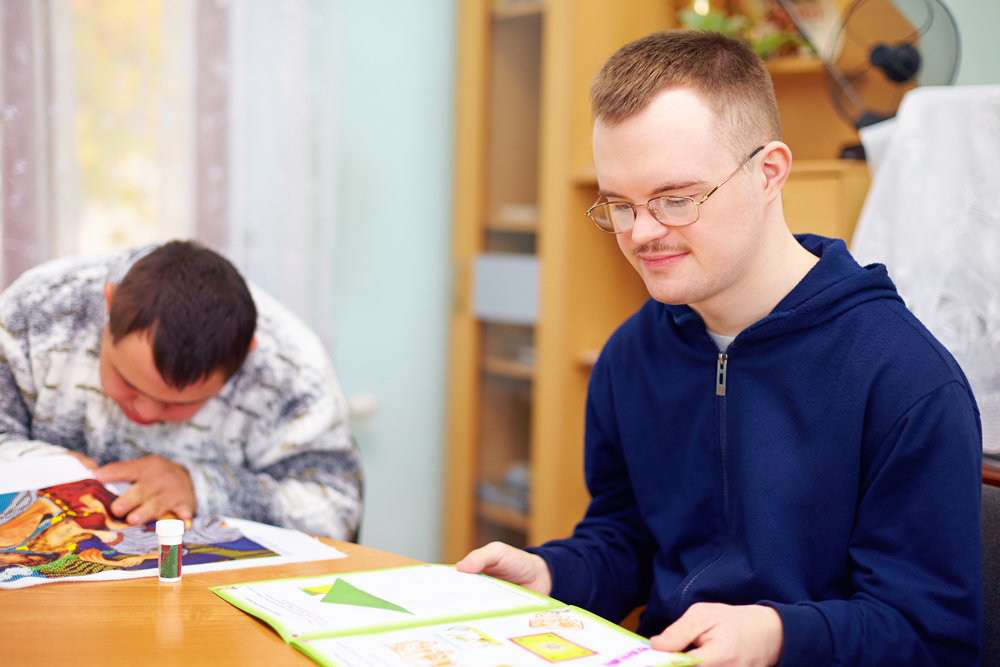
Commenting on the briefing into additional support for learning by Audit Scotland, Dr Patrick Roach, NASUWT General Secretary, said:
“This report echoes what we have been saying for years – that the presumption of mainstream policy was introduced without sufficient planning, resourcing or funding.
“The result has been that too many children are not receiving the level of support they require to learn and achieve and that schools have been left struggling to do their best for pupils with a huge impact on the workload and welfare of staff.
“Many teachers are increasingly expected to teach children with such high and complex needs that they require almost one-on-one support, at the same time as teaching the rest of their class. Such a situation undermines the right of all pupils to a high-quality education and those pupils who deserve to have their additional learning needs met with specialist support.
“Current policies completely fail to adequately protect teachers’ safety and wellbeing as they strive to do their best for pupils.
“It is clear that the current system is failing pupils with additional support needs (ASN), their classmates and the teachers working to support them. It is high time the Scottish Government revisited its system of support for pupils with ASN as it is plainly not fit for purpose.”
Mike Corbett, NASUWT Scotland National Official, said:
“This report should be a wake-up call for the Scottish Government. The issue now is whether this report results in any actual change in schools.
“We have a situation where the number of pupils with ASN is continuing to increase rapidly and without the fundamental rethink recommended by this report of how education for pupils with ASN is provided the current challenges will only deepen.
“Ministers now need to agree to work with the teaching profession and workforce unions on how the current system can be reformed to address the existing problems and build a more effective system of education for pupils with additional needs which will better serve pupils, families and schools.”





